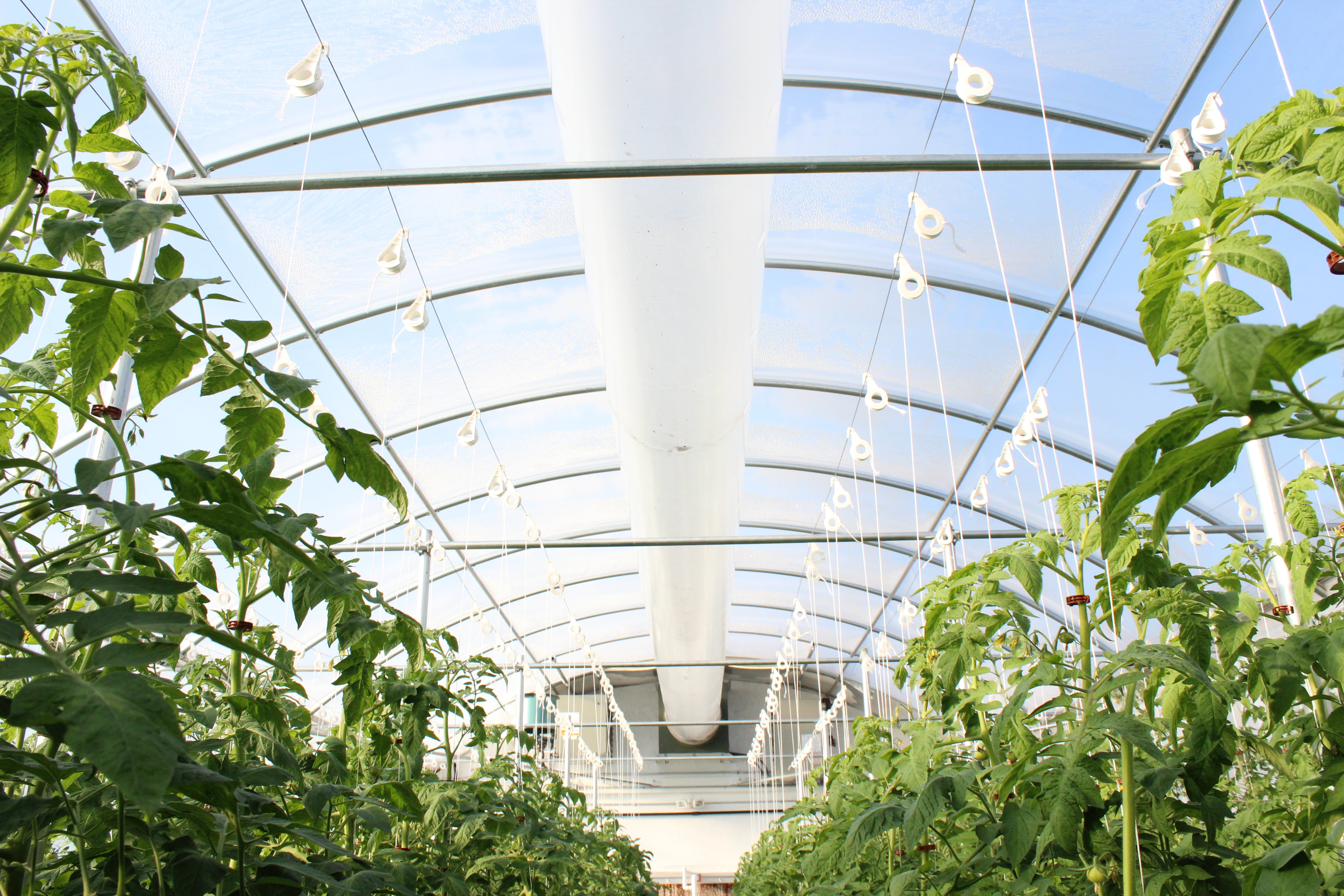Hydroponic Marketing
Hydroponic Produce Marketing
Establishing a market for your produce is surprisingly easy. By following our guidelines and procedures you can build a solid, steady, and dependable hydroponics market for your crops. Low-cost, customized marketing and packaging materials are available. Many of our growers find that after several months of production, there's more demand for their crops than they can supply! The following is an excerpt from the November 1987 edition of American Vegetable Grower Magazine entitled Hydroponic Produce Supplements Farm Income.
Stella K. Naegely, Managing Editor
Alternative crops are not a panacea for current hard times in agriculture, but they can offer many farmers supplemental income. Although adding vegetables to a grain operation requires learning new production skills, marketing usually poses a greater challenge. "Where do you sell the stuff," is one of the questions most frequently asked by potential growers, says Dan Brentlinger, president of CropKing Inc. In 1982 his company began manufacturing and selling controlled environment greenhouse systems as well as other equipment and supplies, mostly to small farmers seeking ways of increasing cash flow. The full-service company also supplies technical assistance in growing hydroponic vegetables.
Promoting a Brand Name
The key to marketing and selling hydroponic produce, says Brentlinger...is labeling the vegetables to establish a brand identity. In the mid 1970's he explains, nobody in the produce industry was doing this with tomatoes. Then Brentlinger and other hydroponic growers started labeling their tomatoes to differentiate them from unbranded, field-grown tomatoes. CropKing has continued its practice, labeling each tomato as hydroponic, vine-ripened, and locally grown. They're currently changing labels to include the company name and logo to further promote the CropKing brand. Lettuce, which is packaged with the roots in bags or rigid plastic containers, is sold under the "Living Fresh" name. The marketing company was started to help protect growers from market fluctuations by ensuring steady buyers and good prices. Red tomato varieties, which are picked at the breaker to orange stage, are sold to supermarket chains. The more perishable lettuce, spinach, and herbs are sold to wholesalers and restaurants. Most of the CropKing growers are small enough to pick tomatoes directly into the box. This minimizes handling, which helps command a premium price, says Brentlinger. The first tomatoes available last spring wholesaled for $1.30 a pound. High returns more than offset production costs, he adds. CropKing is not promoting soilless vegetable production as a "get rich quick" scheme, however. The company targets its products and services at people who are willing to work hard and learn new production techniques in return for enough income to allow them to remain in farming. "A 1/4 to 1/2-acre facility is ideal for this kind of controlled environment farm," Brentlinger suggests. The company is testing other soilless media and keeps its growers updated on production techniques through a newsletter, regular workshops, and an annual conference. Interested growers will be able to hear some well-known speakers on soilless culture at the annual conference.
hydroponic hydroponics produce marketing